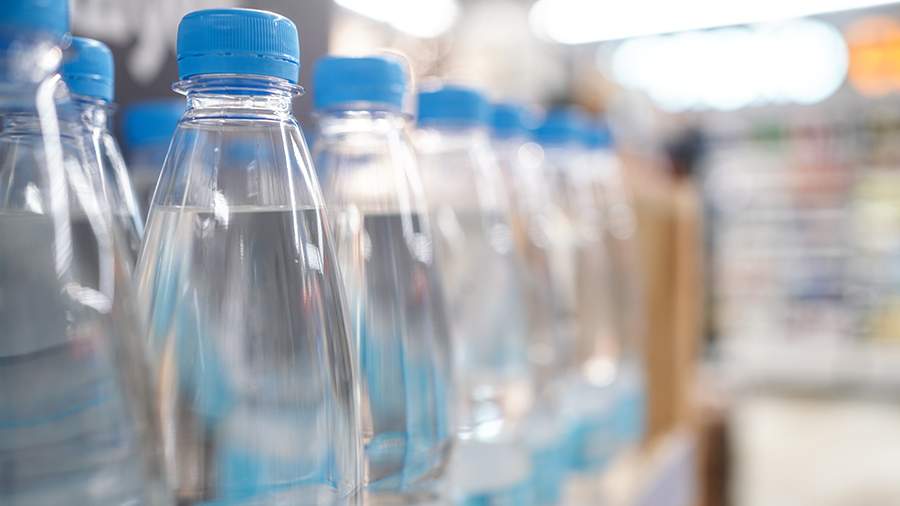27.5% of food samples in social institutions in St. Petersburg do not meet the requirements
- Новости
- Society
- 27.5% of food samples in social institutions in St. Petersburg do not meet the requirements
According to the results of the study, 27.5% of food samples in St. Petersburg's social institutions do not meet the requirements. This was reported to Izvestia on March 27 by the press service of the Center for the Development of Advanced Technologies (CRPT), citing Rosselkhoznadzor data.
"St. Petersburg is one of the seven regions of Russia where a large-scale experiment has begun to prevent the supply of unsafe products to social institutions. The Moscow and Novosibirsk regions, Perm, Khabarovsk, Stavropol and Krasnodar Territories are also participating in the project," the ministry said.
According to the CRPT, this experiment focuses on two key product categories — water and dairy products. Its goal is to develop tools that, using the Honest Mark labeling system and its integration with government information systems, will block the entry of expired or counterfeit goods into schools, kindergartens, hospitals and other social institutions.
The Ministry of Industry and Trade, the CRPT, together with the Federal Treasury, Rosselkhoznadzor, Rospotrebnadzor and regional authorities, will identify signs that will help identify low-quality and counterfeit products. Next, proposals will be prepared for amendments to legislation that will affect the supply of labeled products to social institutions.
The CRPT noted that the authorities of St. Petersburg selected 24 institutions for the experiment, among them: schools, kindergartens, institutions of secondary vocational education, sports schools and other social facilities.
The first results of the study demonstrated discrepancies in product quality. Thus, according to the information of the St. Petersburg Department of social Nutrition, 18 thousand food samples were checked in social institutions. At least 1.5% of them did not meet the established requirements.
"Unfortunately, we note other research results — 27.5% of samples taken by the Rosselkhoznadzor in social institutions in St. Petersburg do not meet the established requirements. This discrepancy in the research results of the two departments is explained by the presence of Rosselkhoznadzor inspectors with data from the Mercury component on the lack of traceability of the origin of raw materials in dairy products. This allows for more targeted access to social institutions for sampling. Therefore, the task of the state authorities, together with Honest Sign, is to prevent the circulation of counterfeit products in the social sphere," said Elena Tsvetkova, adviser to the head of the Rosselkhoznadzor.
Anton Gushchansky, Director of Control and Supervisory Activities at the CRPT, called the experiment an important step towards creating a system that will help protect the most vulnerable consumers from substandard and dangerous products.
On February 27, the press service of the North-Western Interregional Rosselkhoznadzor Administration reported the discovery of adulterated milk in St. Petersburg. It was also possible to detect milk that does not comply with GOST standards.
Переведено сервисом «Яндекс Переводчик»


